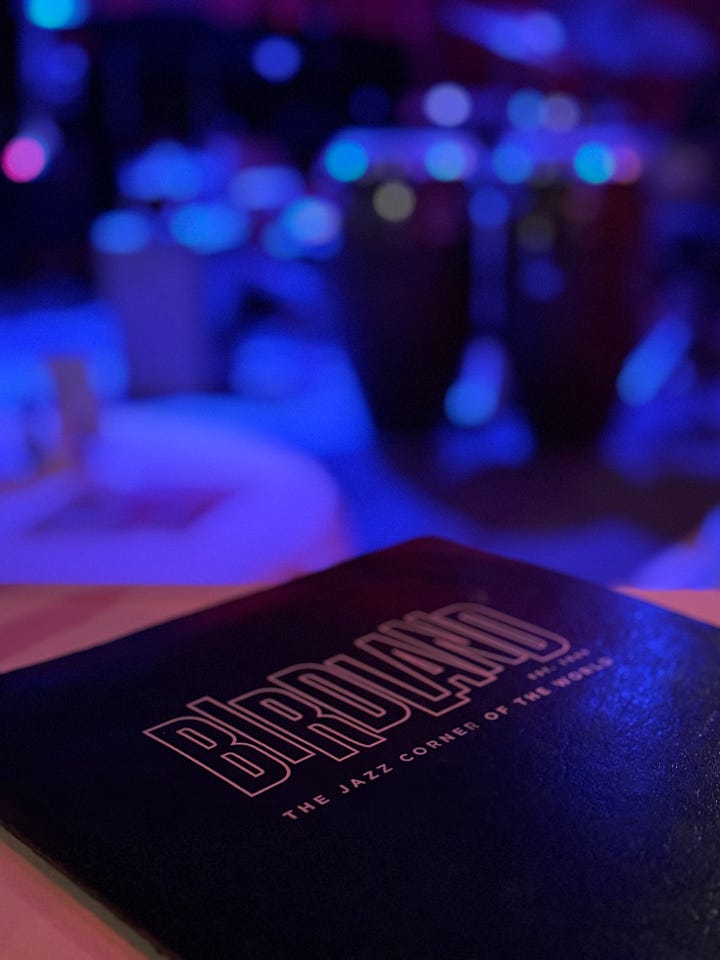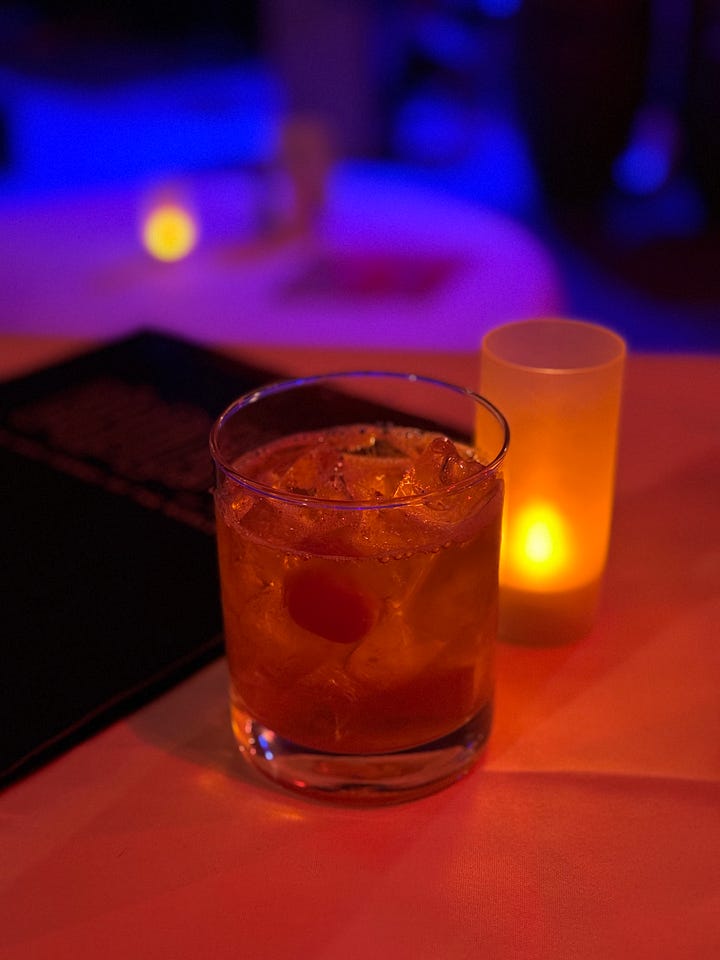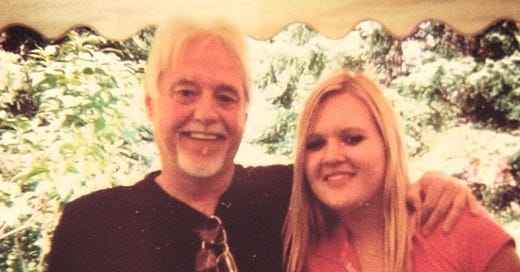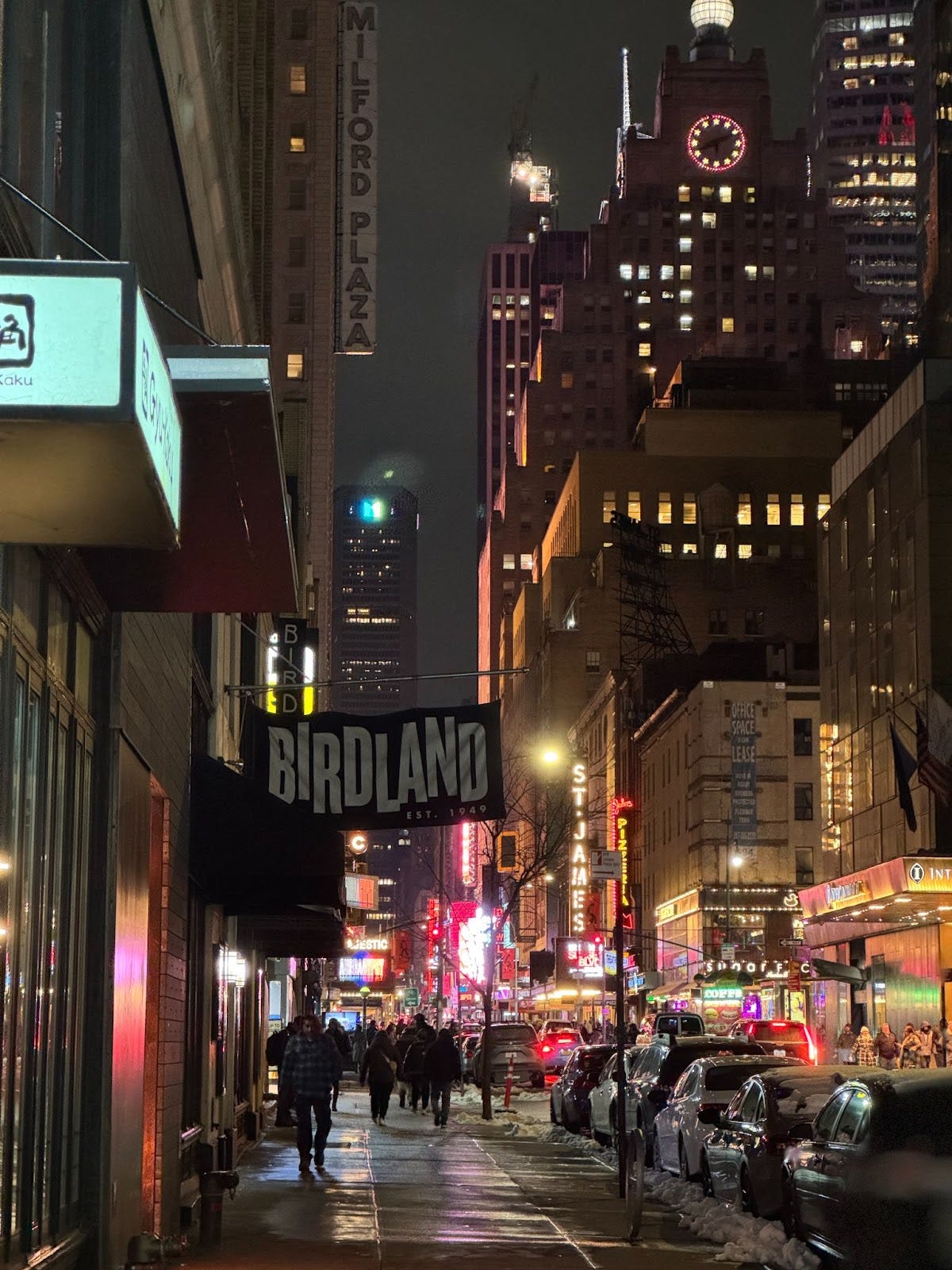Walk in Backwards and Pretend You're Leaving
A Tribute to J.C.: Remembering an Unforgettable Teacher, Mentor, and Friend
There was a certain magic in the way my late saxophone teacher and mentor, John Clegg—“J.C.” to those who knew him best—moved through life. His presence was unmistakable: effervescent, humorous, full of enthusiasm and joie de vivre, with an ever-present undertone of mischief.
Beneath it all was a profoundly deep and unwavering appreciation for art, music, and many other movements of the soul.
J.C. helped me fall in love with music—and with life, honestly.
I’ve never been immune to feeling jaded by life, but when I think about people like him, it snaps me out of it. It reminds me that life really can be that good.
While it was a privilege to study with J.C., he was not just a teacher; He was a mentor, a kindred spirit, and a true friend.
He had an eclectic studio in downtown Saint Paul with a massive vinyl collection, various books on architecture and other beautiful imagery, and a funny black cat named Crook (who had a distinctive bend in his tail).
J.C. had a way of turning ordinary, fleeting moments into lessons, especially through his jokes.
For example, he would often update me on the jazz artists coming through the Twin Cities, many of whom had steep ticket prices. As a minimally employed teenager, I would sometimes protest the cost.
In response, J.C. would strike a mischievous pose—head ducked and shoulders hunched—and say, “Just walk in backwards and pretend you’re leaving.”
That image of him is burned into my brain, and whenever I think of it, I can’t help but smile.
Looking back, I realized there was something deeper in those words.
Beyond the absurdity, his joke reflected a natural attitude of childlike spontaneity in defiance of the ordinary. It was a reminder to approach life with curiosity and boldness, to find joy and freedom, even in the face of constraints.
Of course, he didn’t actually suggest sneaking into paid events as a standard practice, as far as I recall—though I don’t doubt that he did once or twice.
In his own way, J.C. showed me that life isn’t about following a predetermined set of rules, and that it’s okay (even natural) to be unconventional.
If I try to trace back my own boldness to its very roots, I have to credit my mother, but J.C. definitely fanned the flames.
Artists of all kinds tend to embrace unconventional mindsets, but for a kid who grew up in the suburbs, surrounded by conformity, it was a necessary reminder.
By no means did I have a conventional childhood per se—I was raised by a fearless single mother who was an airline pilot—but the public school system and the status quo of the ’90s and ’00s offered plenty of material that could make even the most rebellious kid question her audacity.
That’s why people like J.C. are so important.
He didn’t encourage rebellion just for the sake of it; He was someone who understood that true freedom comes from thinking for yourself, not just opposing the status quo on principle.
After all, isn’t being blindly oppositional just another form of being controlled?
That mindset—the ability to question, to choose your own path—stayed with me long after my lessons ended. It shaped how I navigate the world, how I approach challenges, and even how I experience music.
So when I was in New York City recently and decided to finally visit Birdland jazz club for the first time, I thought about J.C. with a sense of joy, intention, and remembrance before I even opened the door.
As soon as I walked inside, I heard a familiar song playing on the sound system: “The Moontrane” from organist Larry Young’s 1966 album Unity. I couldn’t believe it—this was the very same album J.C. had given me as a high school graduation gift in 2004.
From the delightfully off-kilter intro and rich soundscape, to Larry Young’s shimmering organ lines and saxophonist Joe Henderson’s husky, playfully robust tones, “The Moontrane” pulses with life, radiating the same zesty, unforgettable energy that J.C. carried with him wherever he went.
Needless to say, I couldn’t stop smiling as I listened to the house band performing at Birdland that night, old fashioned in hand. I felt like J.C. was right next to me (after sneaking in, perhaps).


As the music played on, I found myself feeling grateful for all the laughter, the lessons, and the offbeat wisdom he had shared.
Curiosity. Boldness. Joy.
How many of my opportunities and peak experiences came from pursuing and protecting these values? I couldn’t be sure. But I knew that they still echoed through every corner of my life. Ups and downs and all, they remained.
Shortly after J.C. died in 2008, I had a vivid dream of a sunny day in a beautiful place surrounded by mountains. J.C. appeared and led me through a forest of pine trees, pushing away the branches until he revealed a tranquil turquoise lake.
He was beaming—peaceful and happy. He was so excited to show me.
Certain moments in life make you want to scribble poetry on the fabric of the universe in permanent marker. If I could, I’d write it in glittering cursive:
Walk in backwards and pretend you’re leaving.
Step into life with curiosity. Look for joy. Allow yourself to move through the world with mischievous ease.
Build a life around your authentic self, no matter what anyone else thinks. Really.
No, really.
Find beauty and meaning in whatever strikes you. Let yourself absorb it fully, and become radiant.
You’re inspiring others.
And in a world designed to consume you with never-ending chaos and fear, allow yourself to be playful.
J.C. left the world far too soon, but his youthful spirit lives on in each of us whose lives he touched, in all of life’s unique moments—whether it’s walking into a jazz club in New York City, laughing about sneaking into a show, or seeing a cat with a crooked tail.
J.C., it’s been nearly 17 years since you’ve been gone, but your memory (and impact) is stronger than ever.
Thank you for everything.





